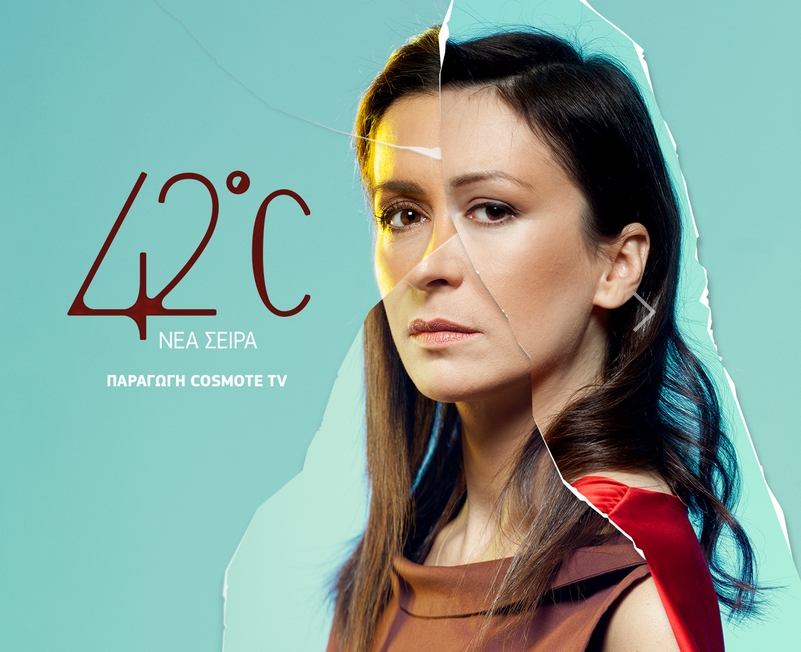Reward and aversion processing in patients with post-traumatic stress disorder: functional neuroimaging with visual and thermal stimuli
$ 8.99 · 4.7 (507) · In stock
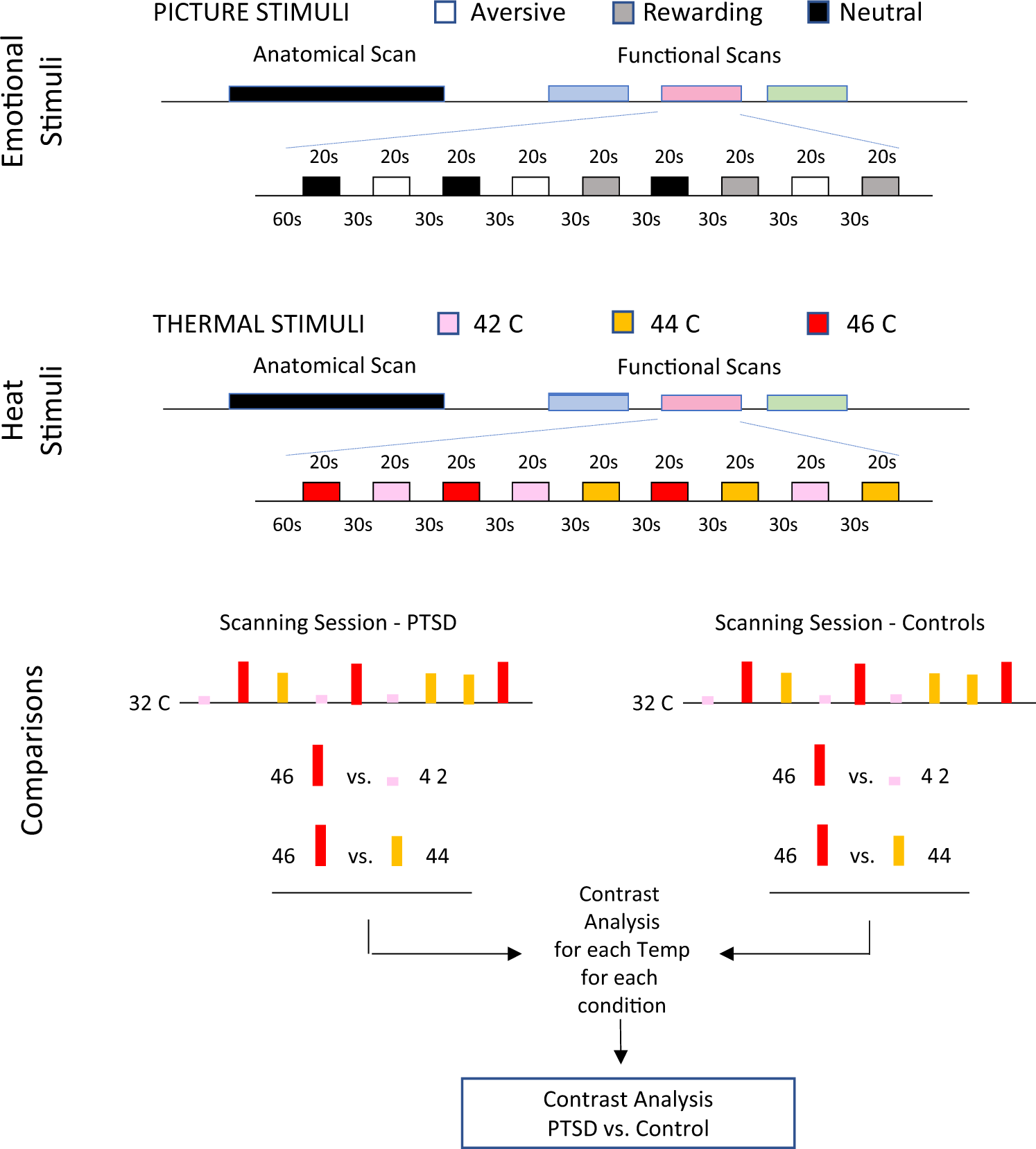

PDF) Mechanisms Underlying Unconscious Processing and Their Alterations in Post-traumatic Stress Disorder: Neuroimaging of Zero Monetary Outcomes Contextually Framed as No Losses vs. No Gains

Sensors, Free Full-Text

Hypersensitivity to uncertainty is key feature of subjective cognitive impairment

Contrast analysis for rewarding IAPS stimuli (PTSD: IAPS positive-PTSD

Attenuation of offset analgesia is associated with suppression of descending pain modulatory and reward systems in patients with chronic pain - Shuo Zhang, Tianjiao Li, Hiroyuki Kobinata, Eri Ikeda, Takashi Ota, Jiro
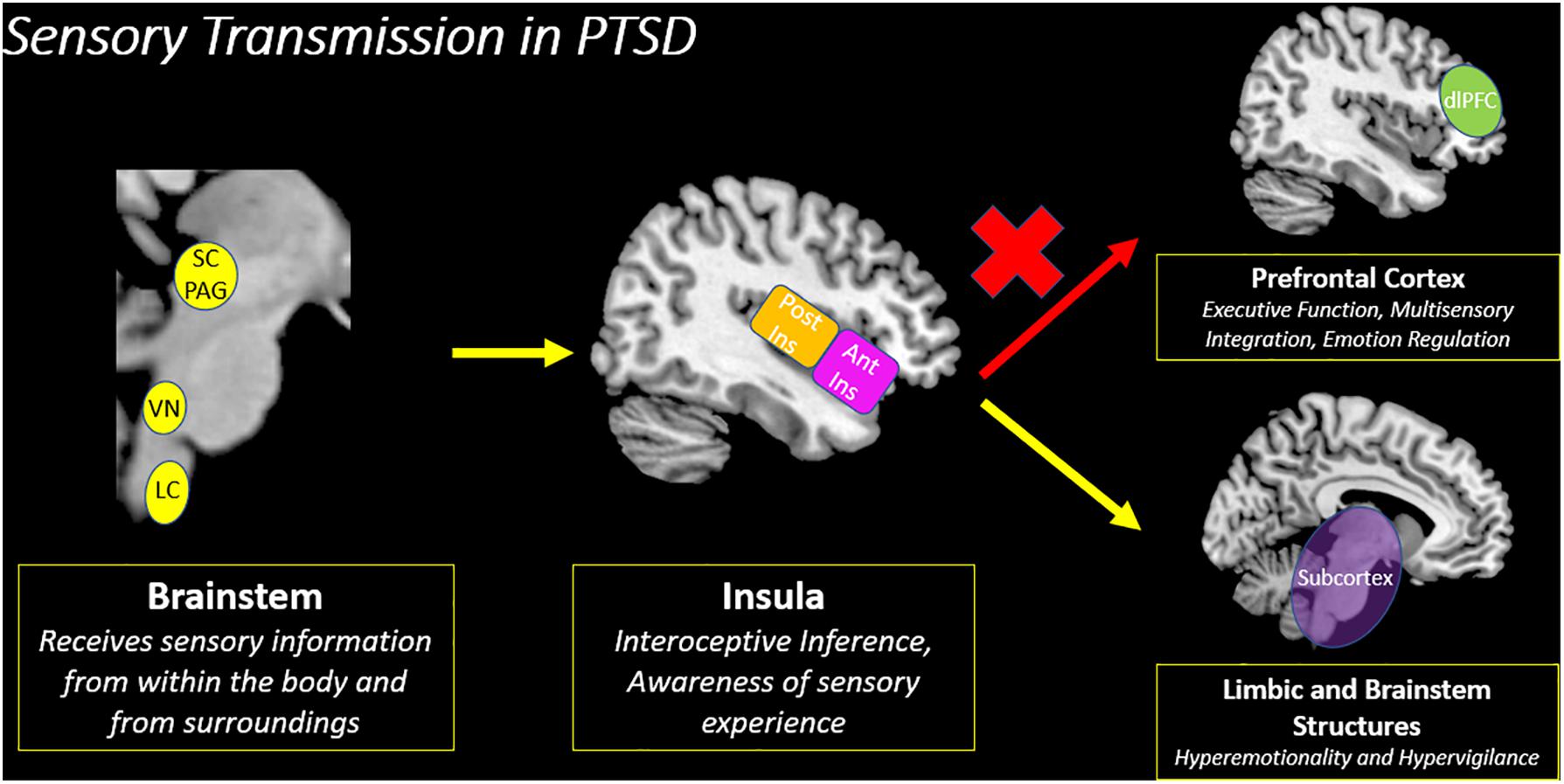
Frontiers How Processing of Sensory Information From the Internal and External Worlds Shape the Perception and Engagement With the World in the Aftermath of Trauma: Implications for PTSD

PDF] Aversion-Related Circuitry in the Cerebellum: Responses to
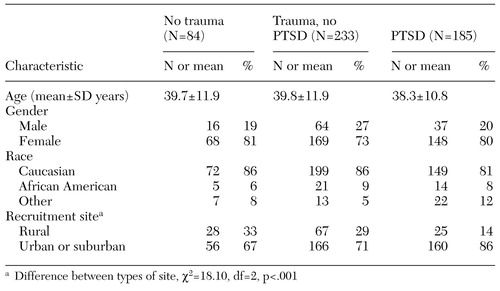
Nonpsychiatric Illness Among Primary Care Patients With Trauma
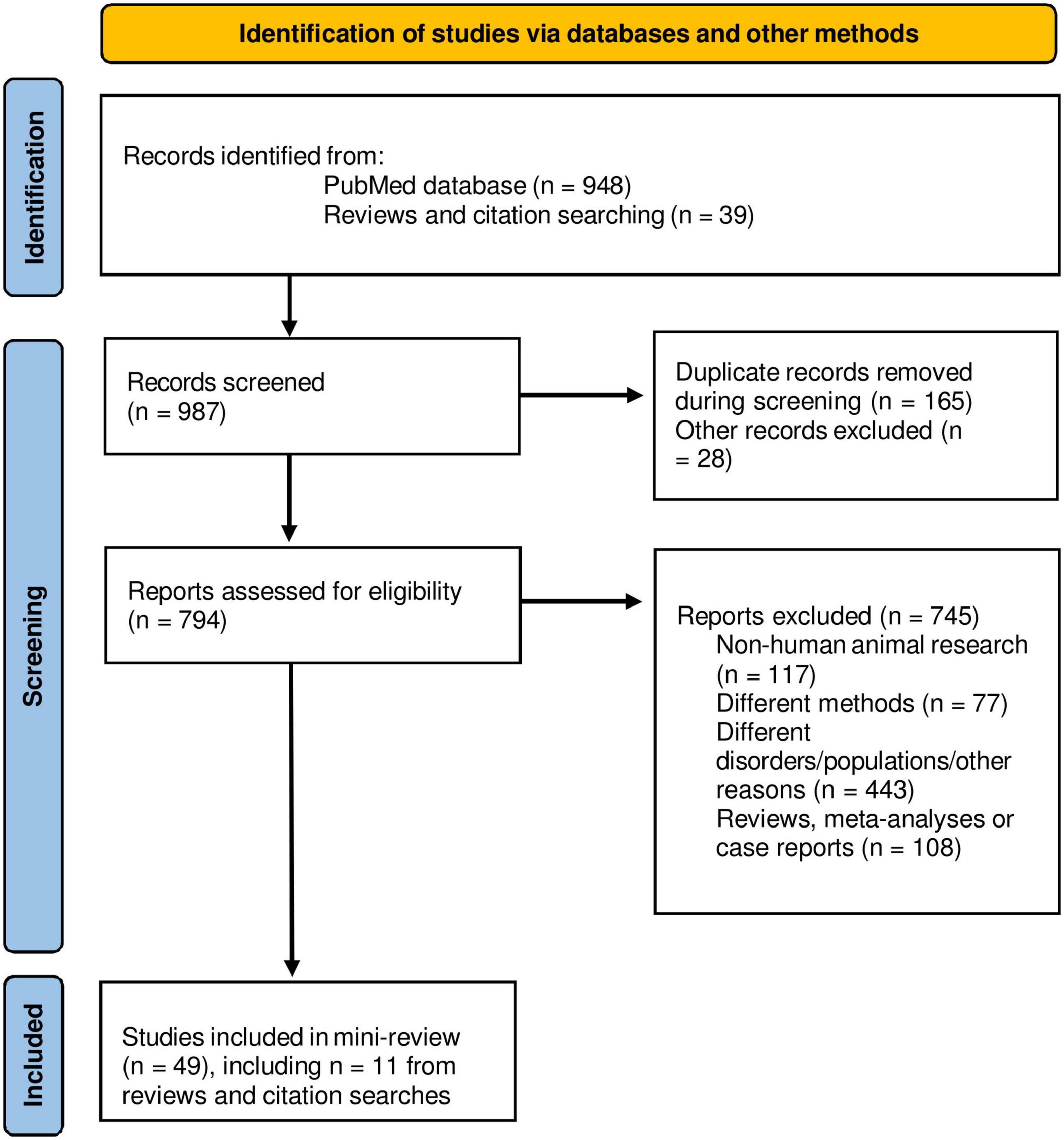
Frontiers Imaging the cerebellum in post-traumatic stress and anxiety disorders: a mini-review

Neurocircuitry basis of the opioid use disorder–post-traumatic stress disorder comorbid state: conceptual analyses using a dimensional framework - ScienceDirect





